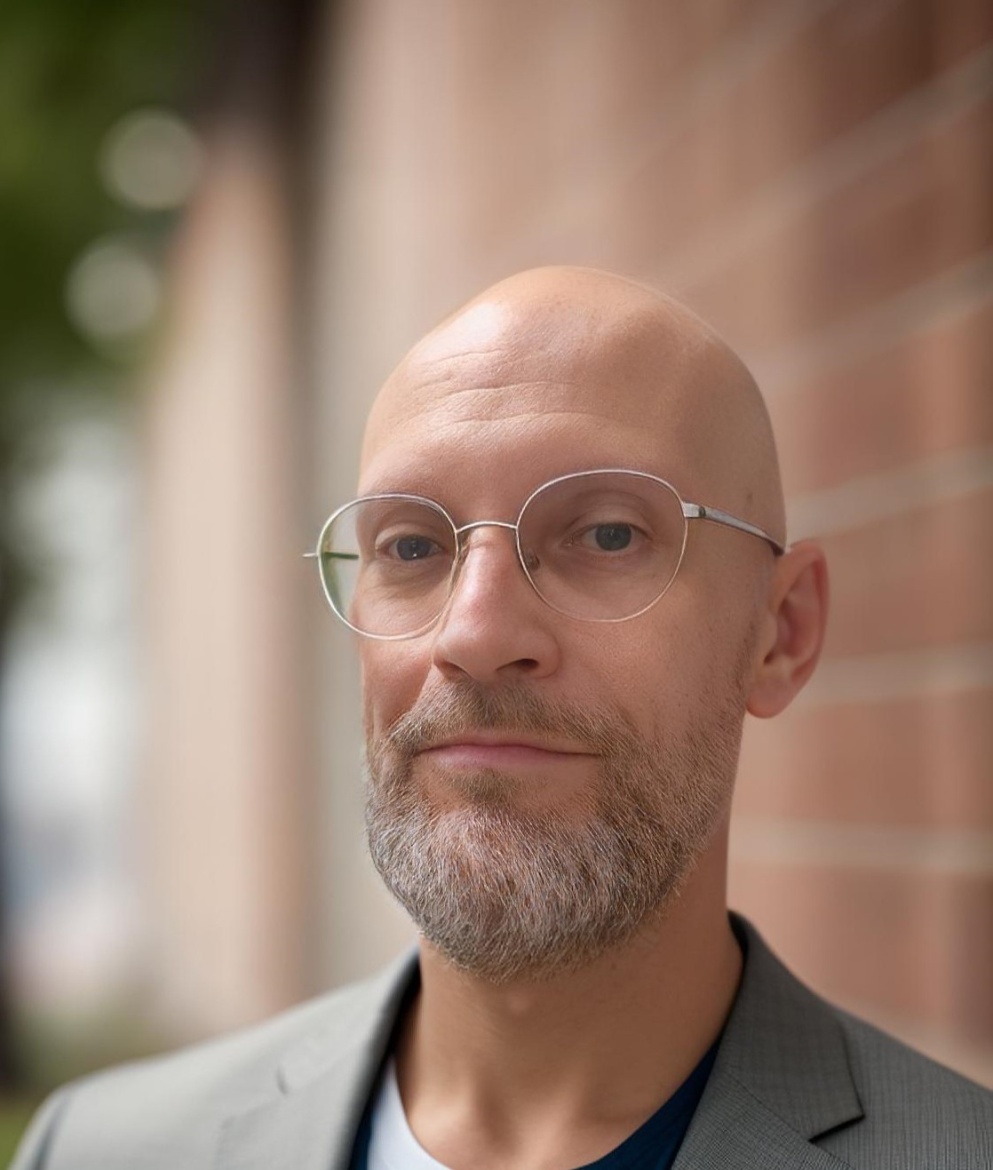In the midst of commemorations of the centenary of the First World War, the story of a Christian nurse in Belgium, executed for treason, is not an obvious stand out. Yet the death of Edith Cavell became a global cause celebre.
Butcher paints a picture of this most unlikely patriot and martyr. Born to a believing family in Norfolk, Edith grew up regularly praying and reading the Bible. Her family also instilled in her the values of service of the poor, sick and vulnerable as part of her devotion to her Lord. So it was that she embarked on a career as a governess in Britain and Belgium, before undertaking nurse training as a second career in her early 30s.
Fluent in French, Cavell was approached to return to Belgium to set up the country's first nursing school in 1907. Thus, she found herself in Brussels as German troops marched in to occupy it in the autumn of 1914. During the next year, Cavell, along with various Belgium resistance fighters, ran a shelter for wounded allied troops, smuggling as many as a thousand soldiers and airmen back into allied territory.
The reader is taken into Cavell's personal correspondence and the reminiscences of her friends and colleagues. But above all, she shows how Cavell's faith in Christ inspired her service. As a result, when she was arrested and sentenced to death, she faced her final hours with forgiveness, faith and hope.
Butcher paints a picture of this most unlikely patriot and martyr. Born to a believing family in Norfolk, Edith grew up regularly praying and reading the Bible. Her family also instilled in her the values of service of the poor, sick and vulnerable as part of her devotion to her Lord. So it was that she embarked on a career as a governess in Britain and Belgium, before undertaking nurse training as a second career in her early 30s.
Fluent in French, Cavell was approached to return to Belgium to set up the country's first nursing school in 1907. Thus, she found herself in Brussels as German troops marched in to occupy it in the autumn of 1914. During the next year, Cavell, along with various Belgium resistance fighters, ran a shelter for wounded allied troops, smuggling as many as a thousand soldiers and airmen back into allied territory.
The reader is taken into Cavell's personal correspondence and the reminiscences of her friends and colleagues. But above all, she shows how Cavell's faith in Christ inspired her service. As a result, when she was arrested and sentenced to death, she faced her final hours with forgiveness, faith and hope.
































